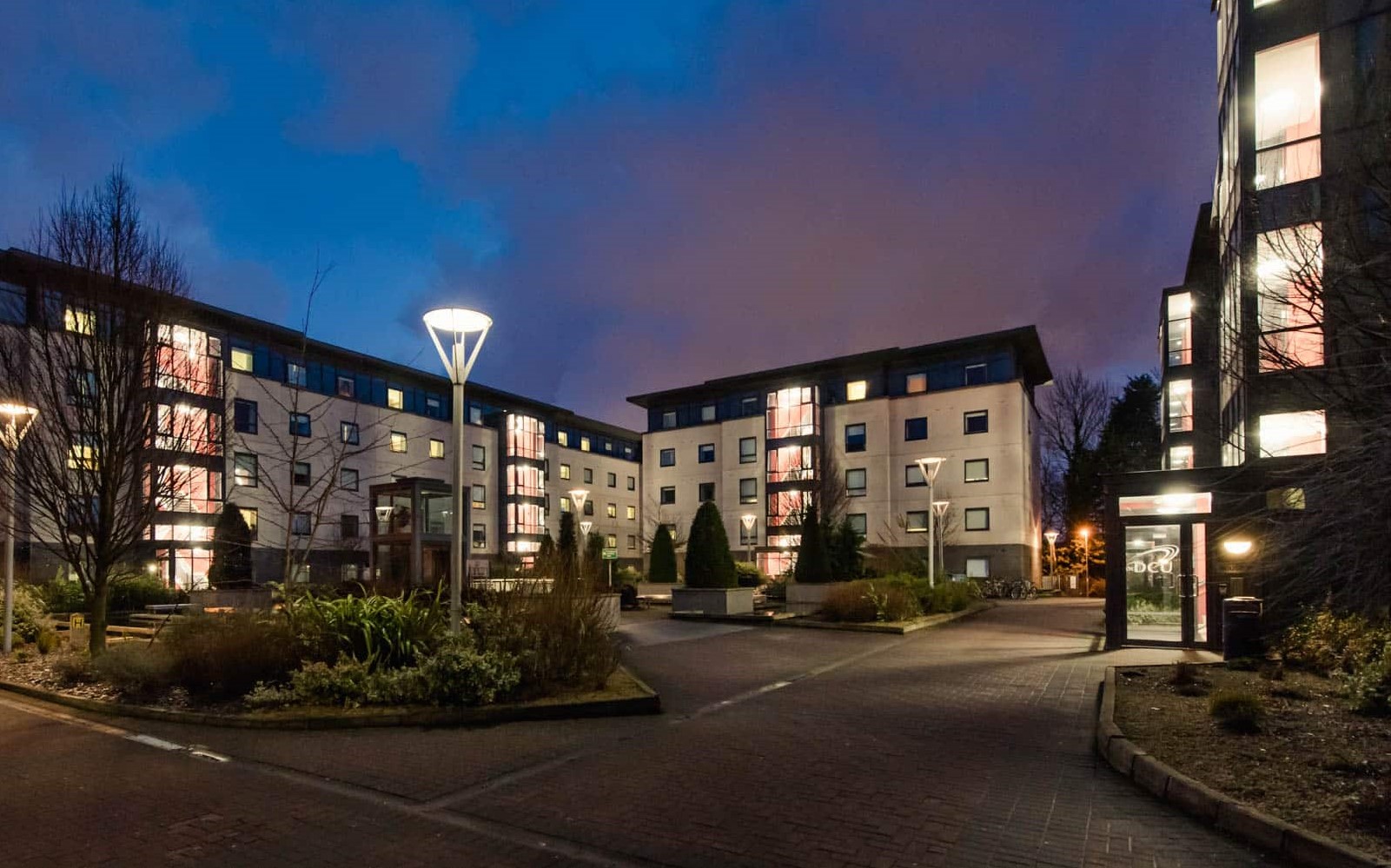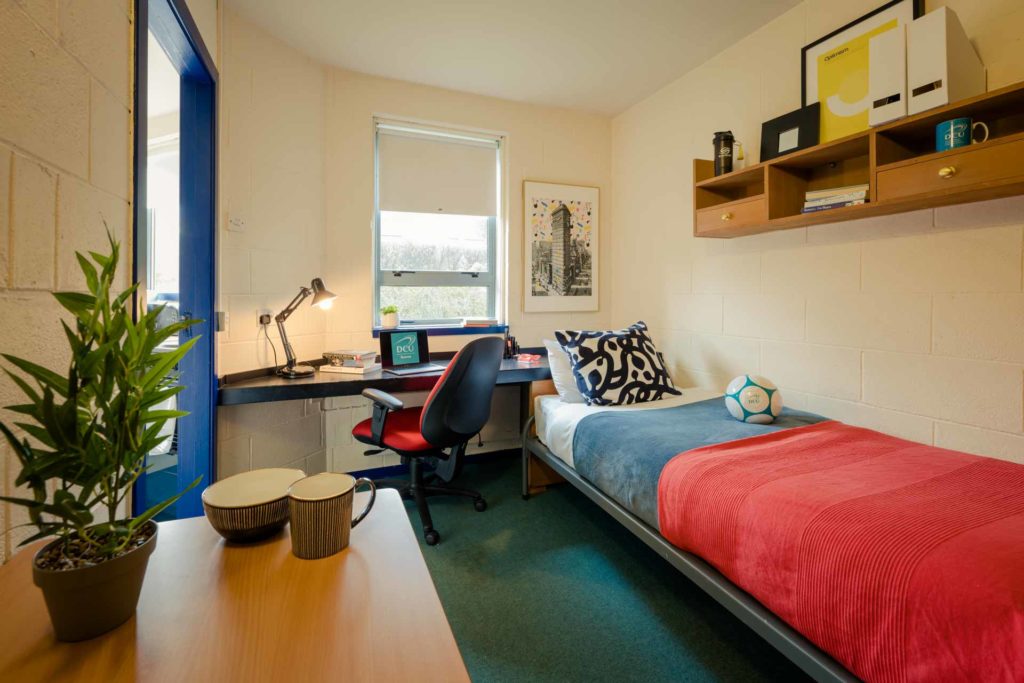Ukrainian refugees forced to leave student housing as students return to campus
 Roebuck Castle UCD
Roebuck Castle UCD
Ukrainian refugees forced to leave student housing as students return to campus
Words: Ciarán Howley
Images: DCU
Refugees from Ukraine who were living in campus accomodation are now being relocated as the academic year begins with many to share tents with up to eight people.
Thousands of Ukrainian refugees that were being housed in student accommodation have been forced to leave campuses across the country as the coming academic year begins.
Student housing had acted as a temporary residence over the summer months for migrants fleeing war in their home country. Now, many will be moved to the Defence Forces barracks in Gormanston where they will face a lack of privacy and a greater distance in shared tents of up to eight people.
Gormanston is a coastal town on the Dublin-Meath border where the Irish Defence Forces has been housing refugees with temporary accommodation. It’s here that residents have been sharing tents with up to eight people.

A number of charities including the Ukrainian Civil Society and Doras have criticised the uncertainty people face through constant relocation. Speaking on Breakfast Briefing this morning, CEO John Lannon called the lack of stability “inhumane” and wants to see the appointment of a “national lead” to coordinate housing and accommodation for refugees fleeing war.
“We would argue that this is the consequence of a lack of planning over the past four to six months….We would argue that this is the consequence of a lack of planning over the past four to six months.”
The Gormanston barracks holds a capacity of just over 300 and it’s expected that at least 1000 refugees being relocated across the country will be moving again in the future.
Other housing initiatives being offered by the government is 400 euro Recognition Payment to home-owners who are able to provide housing for Ukrainians seeking accommodation, for a minimum of six months.
However, with organisations calling for long-term solutions to provide housing and support integration it’s clear a long-term approach will be needed.
Elsewhere on District: The Case for Decriminalising Drugs in Ireland